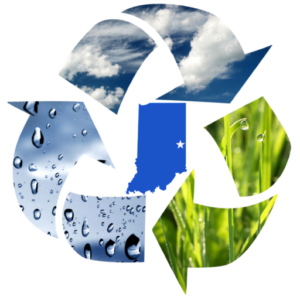We offer free, interactive environmental education programs for schools, youth groups and community organizations for all ages. Presentations cover a wide range of topics such as recycling, resource conservation, pollution and landfill education. Additionally, you may also request handouts, books, and reusables for classroom projects.
To schedule a program:

